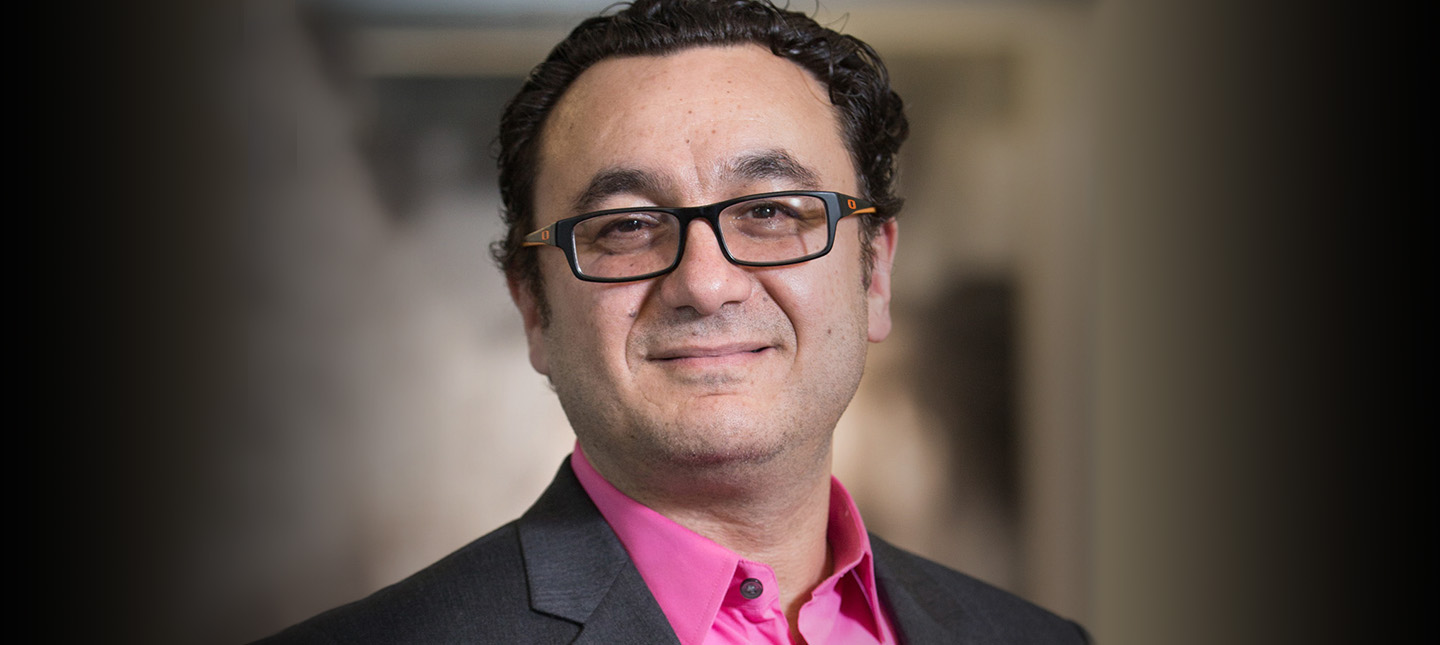Published in the journal Alzheimer’s & Dementia. Here is a link to the article.
Regenstrief Institute authors: Sikandar Khan, D.O., M.S., Malaz Boustani, M.D., MPH, Babar Khan, M.D., M.S., Sujuan Gao, PhD, (affiliated scientist)
Abstract
Introduction: As the number of older intensive care unit (ICU) survivors grows, there is an urgent need to identify modifiable risk factors for post-ICU dementia.
Methods: We performed a secondary data analysis of 3144 ICU patients ≥ 50 years of age without a history of dementia or severe mental illness who were screened as part of the Pharmacological Management of Delirium (PMD) study. Delirium was assessed using the Confusion Assessment Method for the ICU. Dementia was identified using International Classification of Diseases Ninth and Tenth revision codes for dementia or prescription of anti-dementia medication.
Results: Average age (standard deviation) was 65.2 ± 9.5 years; 50.4% were female; and 37.3% were Black. Analyses identified stroke (adjusted hazard ratio [HR] 2.49; 95% confidence interval [CI: 1.52, 4.07], P < 0.001), and depression (adjusted HR 3.03; 95% CI [1.80, 5.10], P < 0.001) as post-ICU risk factors for dementia.
Discussion: Future studies will need to examine whether interventions targeting post-ICU stroke and depression can lower dementia incidence in ICU survivors.
Highlights: Risk factors for post-intensive care unit (ICU) dementia were distinct from those of Alzheimer’s disease. Cardiovascular risk factors were not associated with dementia in older ICU survivors. Post-ICU stroke was associated with a higher risk of dementia in older ICU survivors. Post-ICU depression was associated with a higher risk of dementia in older ICU survivors.
Keywords: Alzheimer’s disease; critical illness; delirium; dementia; depression; intensive care unit; stroke.
Authors:
Sophia Wang1,2, Anthony J Perkins3, Rosalyn Chi4, Brandon A Yates5,6, Sikandar H Khan4,6, Sujuan Gao2,3, Malaz Boustani4,6,7,8,9, Babar A Khan4,6,7,8
Affiliations
1Department of Psychiatry, IU Health Neuroscience Center, Indiana University School of Medicine, Indianapolis, Indiana, USA.
2Indiana Alzheimer’s Disease Research Center, Indiana University School of Medicine, Indianapolis, Indiana, USA.
3Department of Biostatistics and Health Data Science, Indiana University School of Medicine, Indianapolis, Indiana, USA.
4Division of Pulmonary, Critical Care, Sleep and Occupational Medicine, Department of Medicine, Indiana University School of Medicine, Indianapolis, Indiana, USA.
5Indiana Center for Musculoskeletal Health, Indiana University School of Medicine, Indianapolis, Indiana, USA.
6IU Center of Aging Research, Regenstrief Institute, Indianapolis, Indiana, USA.
7Indiana University Center of Health Innovation and Implementation Science, Indianapolis, Indiana, USA.
8Sandra Eskenazi Center for Brain Care Innovation, Eskenazi Hospital, Indianapolis, Indiana, USA.
9Division of Geriatrics and General Internal Medicine, Department of Internal Medicine, Indiana University School of Medicine, Indianapolis, Indiana, USA.











